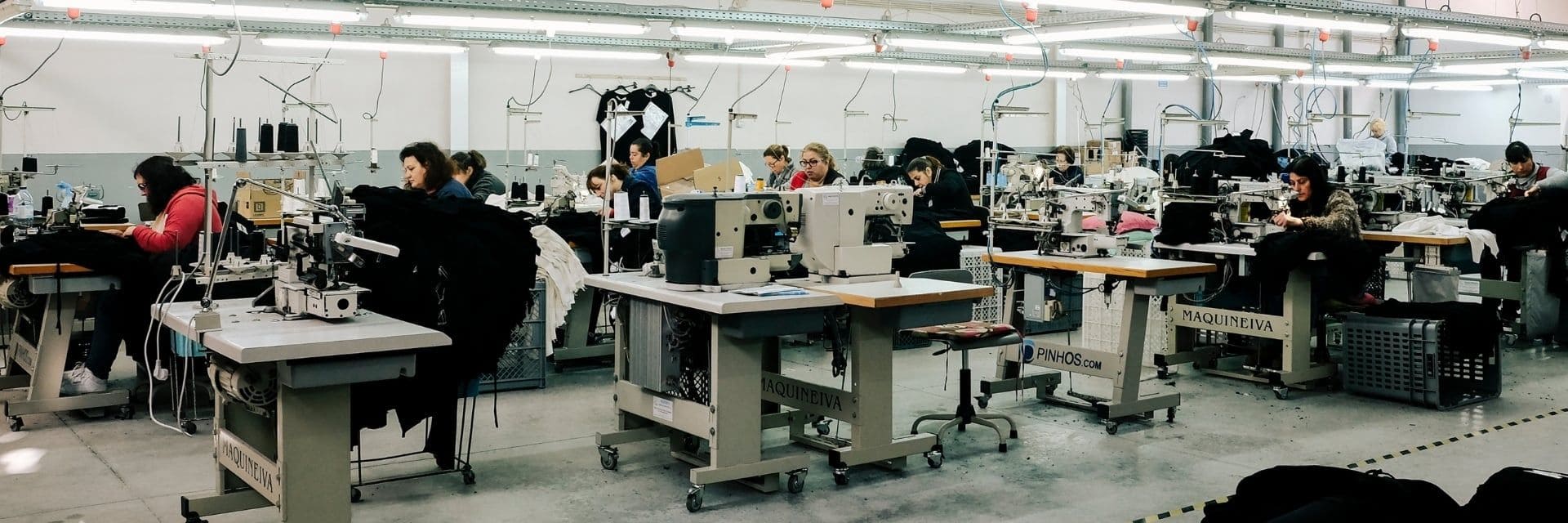Responsibility for the entire supply chain
According to the new law, companies must ensure compliance with human rights along the entire supply chain. Considering that, a declaration respecting human rights is to be adopted, a risk analysis is to be carried out to identify adverse effects at direct suppliers and, if necessary, at indirect suppliers, and appropriate countermeasures are to be taken - companies must take action above all if there are clear indications of violations.
Better protection of human rights
In addition, companies are required to set up a complaints mechanism for human rights violations. To this end, affected parties can continue to assert their rights before German courts and can now also file complaints with the German Federal Office of Economic Affairs and Export Control.
External review and documentation requirement
From 2023, companies must also report transparently and publicly on their activities and they are obligated to document them to the Federal Office of Economic Affairs and Export Control. As an authority, they check compliance with the law, monitors company reports and investigate complaints submitted - in the event of omissions or violations, it can impose fines or exclude companies from public procurement.




